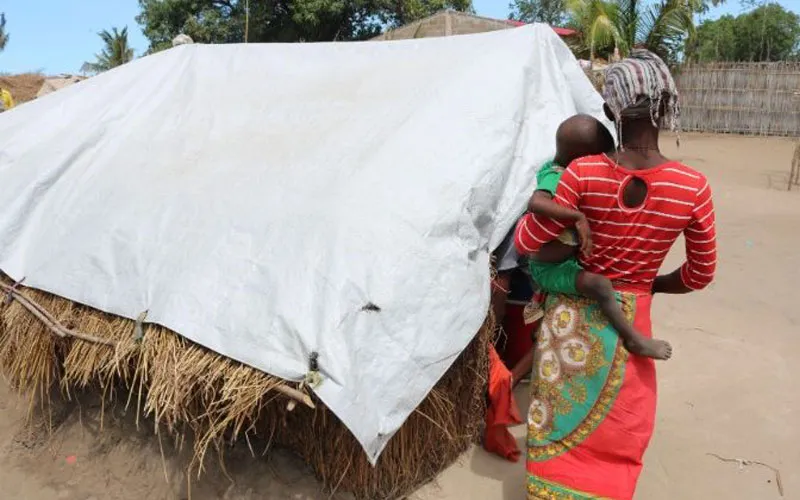Cabo Delgado, 17 March, 2021 / 5:32 pm (ACI Africa).
Children as young as 11 years old are being murdered in Mozambique’s embattled Province of Cabo Delgado, an international charity organization that deals with minors has said, expressing fear that the ongoing tragedy will leave a permanent mark on the children in the country.
In a recent report, Save the Children has noted that children are witnessing gruesome murders of their peers in the region, including beheadings.
“Save the Children is outraged and deeply saddened by reports that children are being targeted in this conflict,” the agency says in a report published Tuesday, March 16.
It adds, “For the children who may have witnessed their siblings being murdered, their suffering could last for years. Many may experience anxiety and depression or even signs of post-traumatic stress disorder (PTSD).”
The organization, which works to ensure that children, especially those in vulnerable backgrounds, are protected from abuse, neglect and exploitation, notes that every child has the right to life and safety.








